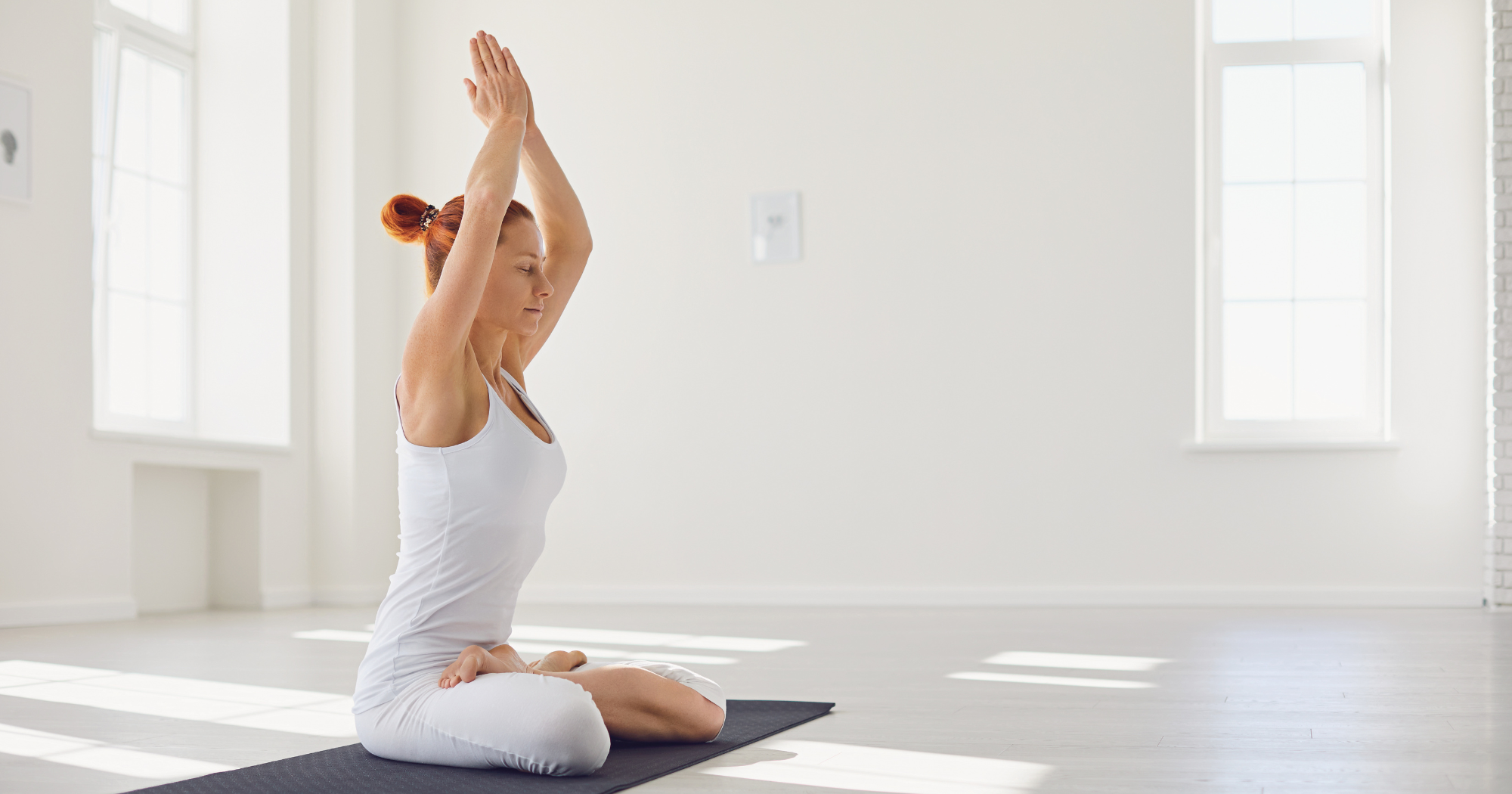
What is Zone 2 Cardio? Understanding and Implementing This Effective Training Method
, by FLOW Admin, 3 min reading time
1,200+ satisfied customers  (4.7/5)
(4.7/5)

, by FLOW Admin, 3 min reading time
In the world of fitness and cardiovascular training, "Zone 2 cardio" has become a buzzword among athletes and fitness enthusiasts alike. But what exactly is Zone 2 cardio, and how can it benefit your workout routine? In this blog, we'll explore the concept of Zone 2 cardio and provide examples of how to engage in this type of exercise.
Zone 2 cardio refers to exercising at an intensity where your heart rate is at 60-70% of its maximum. This is often considered a moderate level of effort, where you are working hard enough to increase your heart rate and breathing, but not so hard that you can't maintain a conversation.
To effectively train in Zone 2, you first need to determine your maximum heart rate. A common method is to subtract your age from 220. For Zone 2 training, aim to keep your heart rate at 60-70% of this number.
To make this calculation easier, you can use a Heart Rate Calculator, a convenient tool that quickly helps you identify your target heart rate zones based on your age. This tool can be a valuable asset in planning and executing your Zone 2 workouts with precision and effectiveness.
Zone 2 cardio is a valuable component of any fitness regime, offering benefits for endurance, heart health, and recovery. By incorporating activities like brisk walking, cycling, swimming, and rowing, you can effectively train in this heart rate zone, leading to improved overall fitness and well-being. Whether you're a seasoned athlete or just starting your fitness journey, understanding and utilising Zone 2 cardio can be a game-changer in your workout routine.
Beginners can determine their Zone 2 heart rate by using simpler methods like the "talk test" where they exercise at a pace where they can speak comfortably without gasping for breath. This approach can be a practical alternative to using advanced equipment.
Incorporating Zone 2 cardio into a mixed training regimen, alongside high-intensity workouts, provides a balanced approach to fitness. This combination allows for recovery and aerobic conditioning through Zone 2 training, while high-intensity workouts focus on building strength and anaerobic capacity. The variation helps in reducing the risk of overtraining and injuries, ensuring sustained improvement in overall fitness and performance.
Long-term benefits of consistently training in Zone 2 include improved cardiovascular health, better endurance, and more efficient fat burning. This training method helps in developing a strong aerobic base, which is foundational for overall fitness and endurance sports.


